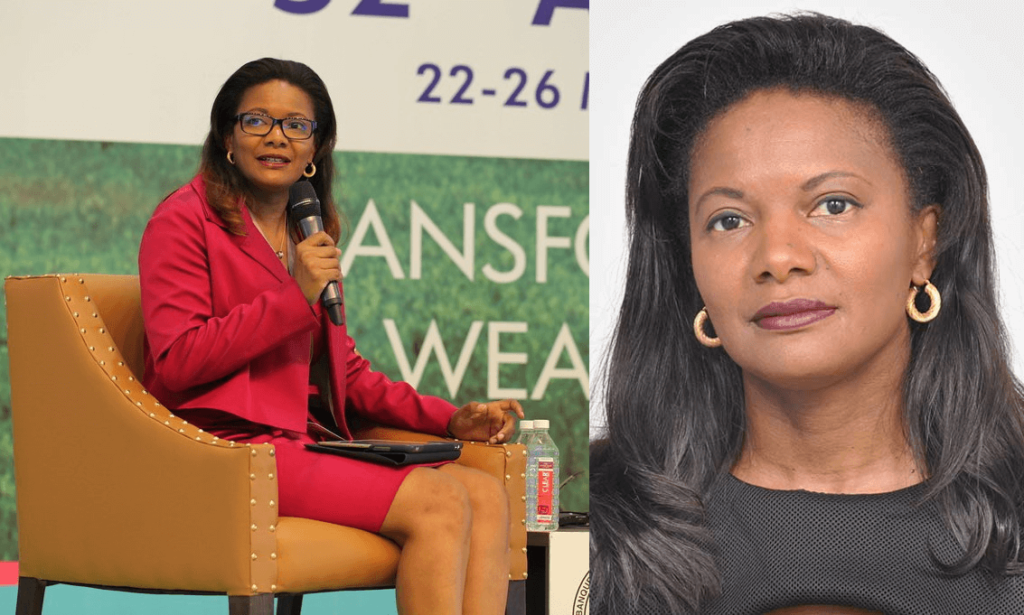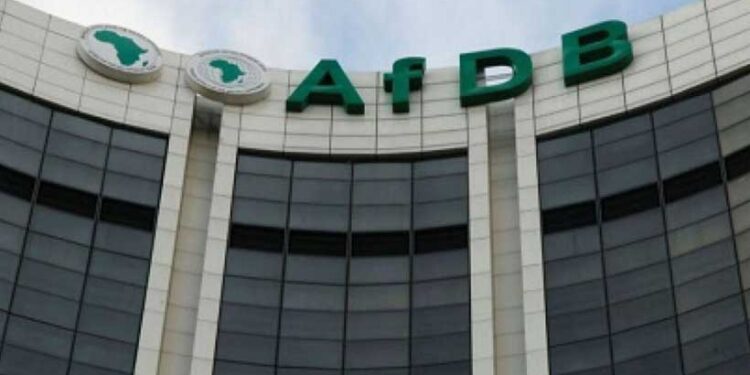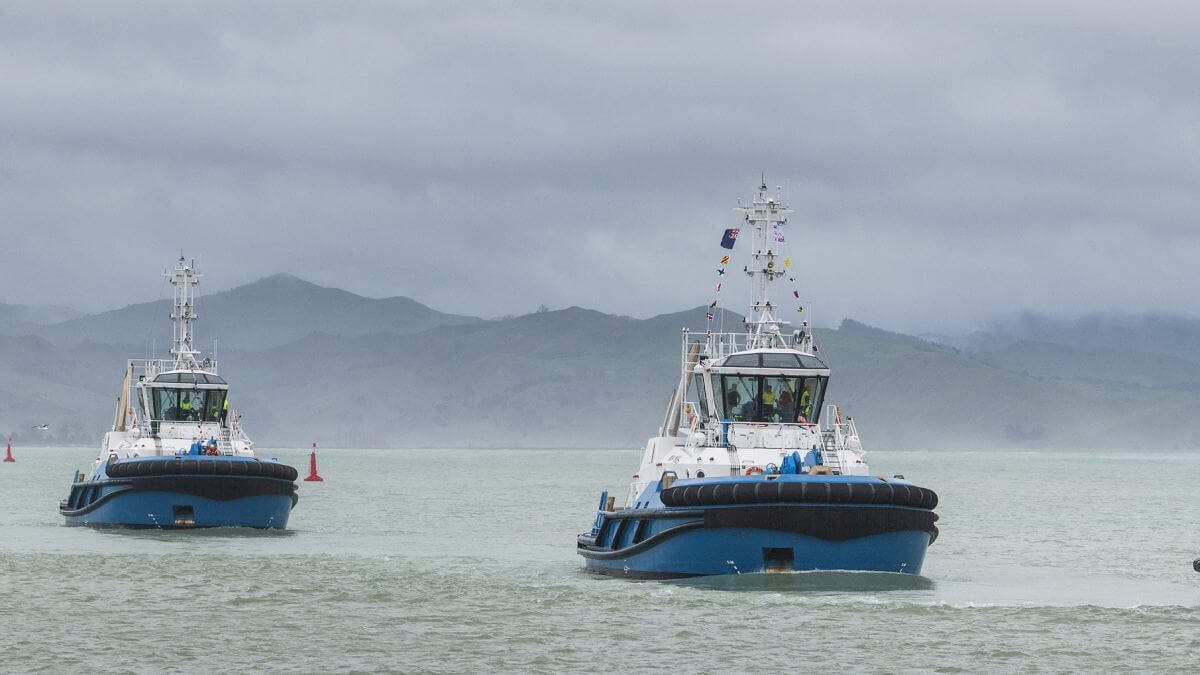The African Development Bank (AfDB) is lobbying rich nations to use their rights to International Monetary Fund reserve assets to help it raise funding to support poorer countries, the first such initiative undertaken by a multilateral lender.

“We’re pioneering for Africa but also pioneering for multilateral development banks,” which can complement and magnify the work of the IMF, AfDB Chief Financial Officer Hassatou Diop N’Sele said in an interview in Ghana’s capital, Accra.
The IMF injected a record $650 billion into the global fiscal system last year to mitigate the impact of the coronavirus by releasing special drawing rights to its member states.
Allocations were based on predetermined quotas, which take into account the size of countries’ economies and other factors, meaning just $33 billion went to the 54 African nations — as much as France and Italy combined, and less than half of what the US received.
The African Union has called for an additional $67 billion to support the continent, with part of it channeled through its regional lender. Under an AfDB proposal, wealthy nations would lend their SDRs to the Abidjan-based bank, which could account for these assets as equity and leverage them to raise three to four times as much funding to support African economies.
The SDRs, which can be converted into reserve currencies, would however remain with the IMF and earn interest that would be paid back to countries that had lent them. The AfDB, which has 54 African shareholders and 27 non-regional shareholders, including the US, Japan and France, has a AAA credit rating, allowing it to raise funds on capital markets at lower costs than African sovereign issuers.
Utilizing other IMF funding vehicles such as the Poverty Reduction and Growth Trust, which provides concessional loans, and the new Resilience and Sustainability Trust, which targets issues such as the impact of climate change, means “it’s one dollar in, one dollar out,” said N’Sele. “Through MDBs, it’s one dollar in and three to four dollars out.”
While IMF Managing Director Kristalina Georgieva has urged wealthy states to redirect some of their SDR allocation to more needy countries and touted the idea of channeling their support through multilateral development banks, or MDBs, the idea hasn’t been put into practice so far.
“The main challenge for MDBs is to devise vehicles that meet the needs of potential contributors, including with regard to preserving the reserve asset quality of claims to be received in exchange for channeled SDRs,” Nicolas Mombrial, an IMF spokesman, said in response to questions.
Rich nations want to be able to account for the SDRs internally as reserves, even after on-lending them to multilateral lenders, an aspect the IMF is advising on.
“Ultimately, the decision on whether and how to channel SDRs to MDBs rests with the countries that hold these SDRs,” Mombrial said.
The African lender is also considering creating so-called “security-indexed bonds” to promote peace and allowing its African Development Fund, which mostly provides grants to the most vulnerable economies, to tap capital markets.
Source: Bloomberg







